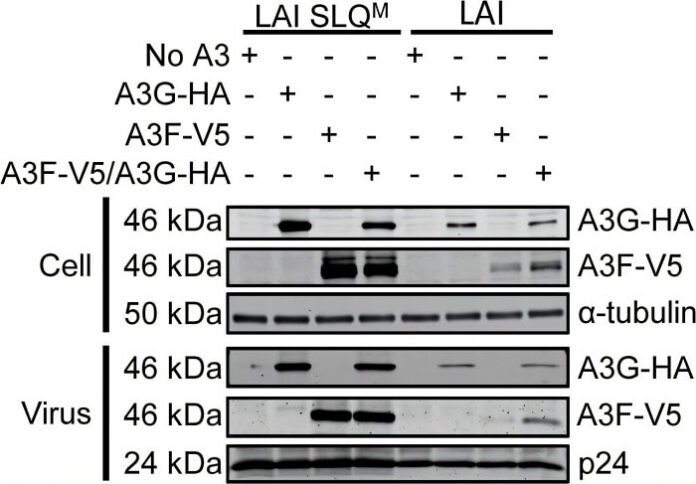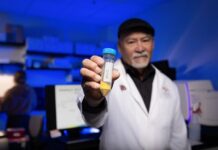

A research team led by Dr. Linda Chelico, head of the Department of Microbiology, Immunology, and Biochemistry at the University of Saskatchewan (USask), has made a groundbreaking discovery in the fight against HIV. The findings, recently published in the Journal of Virology, shed light on previously unknown interactions between the APOBEC3 proteins—key components of the body’s natural defense system—and the HIV protein Vif, offering a promising path for new drug development.
The Battle Within the Cell
APOBEC3 proteins are part of the immune system’s natural defenses, known to induce mutations in the HIV virus to prevent infection. However, HIV counters this defense using its Vif protein, which degrades APOBEC3, allowing the virus to establish infection.
“There’s an ongoing battle in the cell,” said Dr. Chelico. “HIV uses its Vif protein to neutralize APOBEC3, but if we can block this interaction, APOBEC proteins could act as a natural cure.”
Why Previous Drug Efforts Fell Short
Earlier attempts to develop drugs that block the interaction between Vif and APOBEC3 proteins were largely ineffective. Dr. Chelico’s team discovered that past research focused on the wrong interaction points within the proteins.
Using a range of HIV strains with different Vif proteins, the team also found that APOBEC3 proteins do not act individually during infection but form a new structure to work collectively against HIV.
“My lab established that APOBEC3s are working together, not independently, during infection,” said Dr. Chelico. “This discovery changes how we approach drug design and provides a better map for creating effective inhibitors.”
A New Wave of Optimism
This breakthrough offers hope for designing targeted treatments that could stop HIV infections by boosting the body’s natural immune response. By preventing Vif from counteracting APOBEC3, these natural defense proteins could become a powerful tool against the virus.
“HIV remains a global public health issue,” said Dr. Chelico. “While current treatments suppress the virus, our research offers a new avenue to stop infections from taking hold by enhancing the body’s natural defenses.”
As reported by medicalxpress, the discovery represents a significant step forward in the decades-long fight against HIV, potentially paving the way for novel therapeutic approaches that could one day lead to a functional cure.























